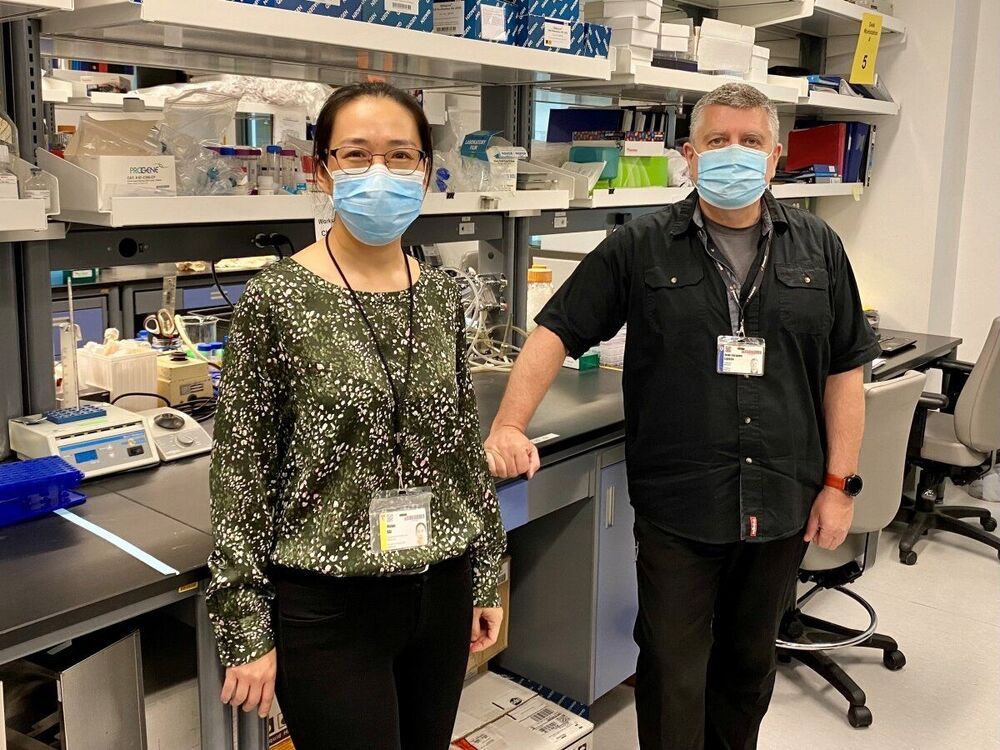Breast cancer is the leading cause of cancer death in women around the world, responsible for 1700 deaths every day. Although the vast majority of breast cancers are treatable, the most aggressive subtype—triple negative breast cancer (TNBC) – has a high recurrence rate, a high potential for metastasis and shows resistance to conventional treatments, leading to very poor prognosis and survival outcomes. A team of researchers at the Research Institute of the McGill University Health Center (RI-MUHC) conducted a preclinical study and discovered a novel targeted combination therapy that efficiently reduced tumor growth in metastatic breast cancer. Published in Nature Communications, their findings could lead to the development of a novel first line targeted therapy for the treatment of TNBC, with the prospect of rapidly transitioning to clinical trials in humans.
“There is no targeted therapy for TNBC. Chemotherapy treatment can even enrich these tumors in cancer stem cells and be detrimental to the patient, as we have shown in a previous study,” says Dr. Jean-Jacques Lebrun, senior scientist in the Cancer Research Program at the RI-MUHC and principal investigator of the study. “Filling that huge medical gap was our motivation in conducting this study.”
While most breast cancers have one of three main receptors that are like entrance gates for treatments—estrogen, progesterone and a protein called human epidermal growth factor (HER2) – TNBC has none, thus the name triple negative breast cancer. Using state-of-the-art technologies such as gene editing and genome-wide molecular approaches, the team identified two pathways which could be targeted in a therapeutic strategy.
